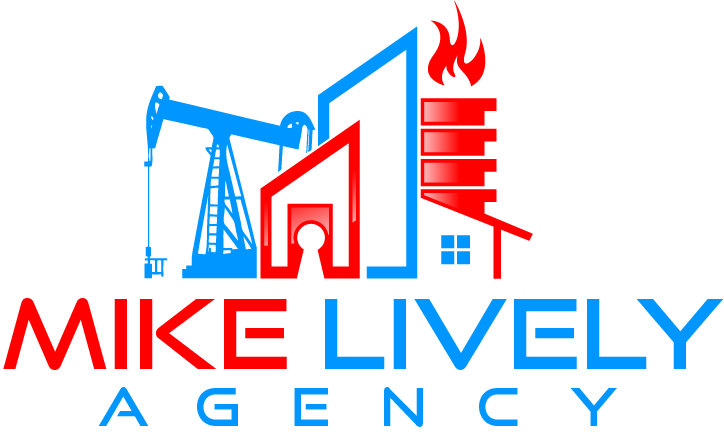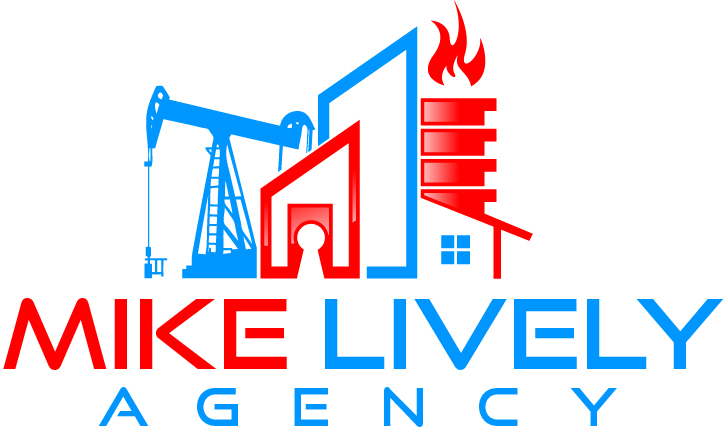Home insurance is a vital protection that provides homeowners with financial security and peace of mind.
However, there are instances where homeowners may find themselves facing unexpected challenges when it comes to their insurance policies.
In this blog, we will explore some common pitfalls and issues that can arise with home insurance policies, highlighting the importance of thorough understanding, proper documentation, and effective communication.
Insufficient Coverage
One of the most significant problems with home insurance policies is insufficient coverage.
It occurs when homeowners underestimate the value of their property or fail to evaluate their coverage needs accurately.
Inadequate coverage can leave homeowners exposed to financial losses in the event of a disaster or damage.
To avoid this, homeowners should conduct a comprehensive assessment of their property, ensuring that they have enough coverage to rebuild or replace their homes and belongings.
Lack of Understanding of Policy Terms and Exclusions
Home insurance policies can be complex documents filled with legal jargon.
Unfortunately, many homeowners do not fully understand the terms, conditions, and exclusions outlined in their policies.
This lack of understanding can lead to confusion regarding what is covered and what is not, potentially resulting in denied claims.
It is crucial for homeowners to thoroughly review their policy, seek clarification when needed, and ask their insurance provider to explain any ambiguous terms or conditions.
Inadequate Documentation of Property and Possessions
Proper documentation of property and possessions is crucial for filing successful insurance claims.
However, homeowners often neglect to maintain detailed records, including receipts, photographs, and appraisals.
In the event of a loss or damage, this can pose significant challenges when attempting to prove the value of lost or damaged items.
Homeowners should make a habit of documenting their possessions and keeping records in a safe place or digitally to support future claims.
Delayed or Insufficient Claim Payouts
Filing an insurance claim is a stressful experience, especially when homeowners face delays or receive insufficient payouts.
Insurance companies may take time to process claims, causing frustration and financial strain for homeowners who need immediate funds for repairs or relocation.
It is crucial for homeowners to follow up with their insurance provider regularly, maintain clear communication, and seek prompt resolution in case of delays or inadequate payouts.
High Deductibles
Deductibles are the amount homeowners must pay out of pocket before insurance coverage comes into effect.
High deductibles can create a financial burden, particularly when homeowners need to file multiple claims within a short period.
Homeowners should carefully evaluate their deductibles and consider whether they are set at a manageable level.
Adjusting deductibles to an affordable amount can help prevent financial strain during the claims process.
Underinsurance or Over-insurance
Homeowners often face the challenge of accurately assessing the value of their property and belongings.
Underinsurance occurs when homeowners underestimate the value, leaving them responsible for substantial costs in the event of damage or loss.
On the other hand, over-insurance leads to unnecessarily high premiums.
Regular evaluations of property value and possessions can help ensure homeowners maintain the appropriate level of coverage.
Lack of Specific Coverage
Standard home insurance policies may not cover certain risks or situations that are unique to a property or location.
Homeowners should review their policies carefully to identify any gaps in coverage and consider additional insurance options.
For example, homeowners in flood-prone areas may need to purchase separate flood insurance to protect against flood-related damages.
Inadequate Liability Coverage
Liability coverage is a crucial component of home insurance policies, protecting homeowners in case someone is injured on their property.
However, the liability limits in the policy may not be sufficient to cover all potential risks. Homeowners should assess their liability coverage needs, considering factors like property features, regular visitors, and the potential for accidents.
Increasing liability limits or obtaining umbrella insurance can provide added protection and peace of mind.
While home insurance is designed to safeguard homeowners from unexpected events, it is essential to be aware of the potential pitfalls that can arise.
Insufficient coverage, lack of understanding of policy terms, inadequate documentation, delayed claim payouts, high deductibles, underinsurance or over-insurance, lack of specific coverage, and inadequate liability coverage are among the common issues that homeowners may encounter.
To mitigate these problems, homeowners should thoroughly review their policies, assess their coverage needs accurately, maintain detailed records of their property and possessions, and communicate effectively with their insurance provider.
Regular evaluations, prompt follow-up, and seeking clarification can help ensure a smooth claims process and avoid unexpected setbacks.
Moreover, working with a reputable insurance agent or broker can provide guidance and assistance in navigating the complexities of home insurance.
Their expertise can help homeowners understand their policies, make informed decisions, and find the right coverage for their specific needs.
Remember, a comprehensive understanding of your home insurance policy, proactive documentation, and open communication with your insurance provider are key to ensuring that your home and possessions are adequately protected in times of need.
By being proactive and informed, homeowners can avoid the pitfalls that can arise with home insurance policies and enjoy the peace of mind that comes with knowing their home is well-covered.
We can help you avoid the pitfalls of a bad policy.
Don’t hesitate to reach out!


